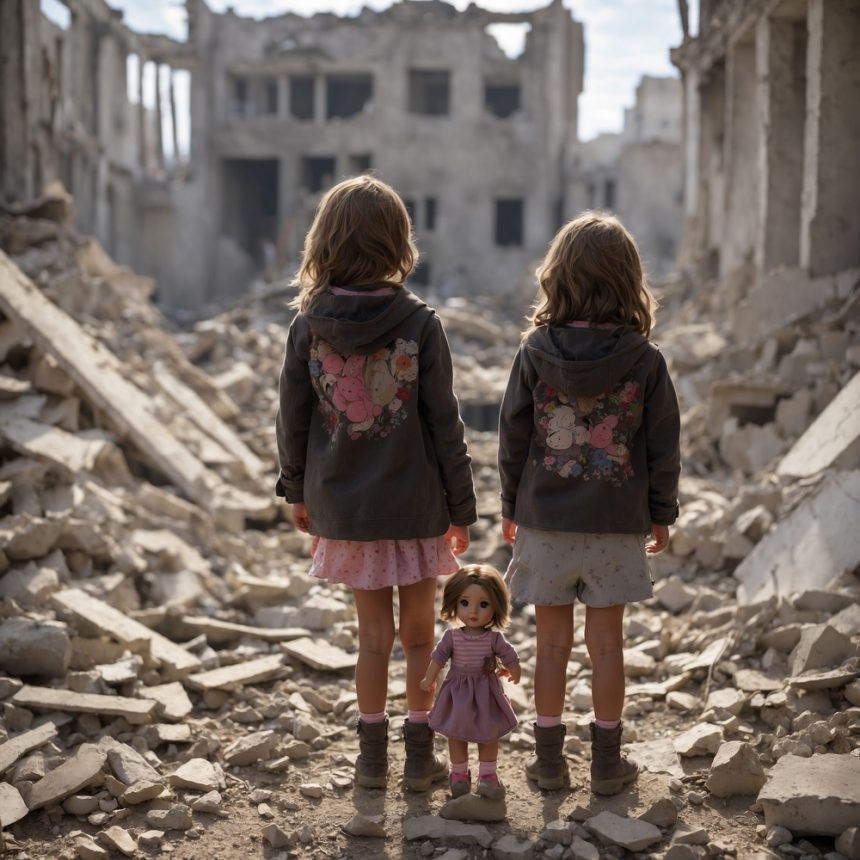Many cannot fathom a childhood filled with the sounds of shelling and military drones, witnessing the destruction of neighborhoods, and experiencing violence towards friends and loved ones as a regular occurrence. For those living in Gaza, exposure to traumatic war-related events has been a generational struggle. With nearly 65% of the population under 25 years old, Gaza has one of the world’s youngest demographics. The current humanitarian crisis in Gaza has had a profound impact on the mental health of children and young people.
A study conducted by El-Khodary in 2020 revealed that a staggering 88% of Palestinian children in Gaza had personally experienced trauma, with 84% witnessing trauma in others and 88% observing property demolitions. This study also found that 54% of participants received a diagnosis of Post-Traumatic Stress Disorder (PTSD), a significantly higher rate compared to peace-time populations.
This blog provides a summary of a comprehensive scoping review by Abudayya and colleagues in 2023, which aimed to explore the consequences of war-related trauma on young people in the Gaza Strip. The review identified 24 studies reporting on the prevalence of stress among Palestinian children and young people, with poor mental health outcomes such as PTSD, depression, and anxiety being highly prevalent. Factors such as exposure to political violence and traumatic war experiences were identified as major risk factors for behavioral and emotional symptoms.
Access to mental health care in Gaza is limited due to restrictions on movement, a shortage of professionals, facilities, and funding. Studies in the review shed light on the types and frequency of traumatic experiences faced by children, such as injuries to themselves or family members, house demolitions, and exposure to violence.
The findings underscore the urgent need for targeted interventions to support the youth of Gaza and the importance of amplifying their voices through qualitative research. The review also highlights the necessity for culturally tailored mental health interventions and the critical need for additional qualitative studies to enhance mental health service delivery. Further research to develop validated outcome measures for child and adolescent mental health in conflict zones like Gaza is essential for meaningful clinical interventions.
In conclusion, this scoping review brings attention to the severe mental health challenges faced by young Palestinians in Gaza and the critical need for intervention programs to support their well-being. By shedding light on the impact of war-related trauma on children and young people in Gaza, this review serves as a call to action for targeted mental health support and research to improve the lives of youth in conflict-affected regions.






